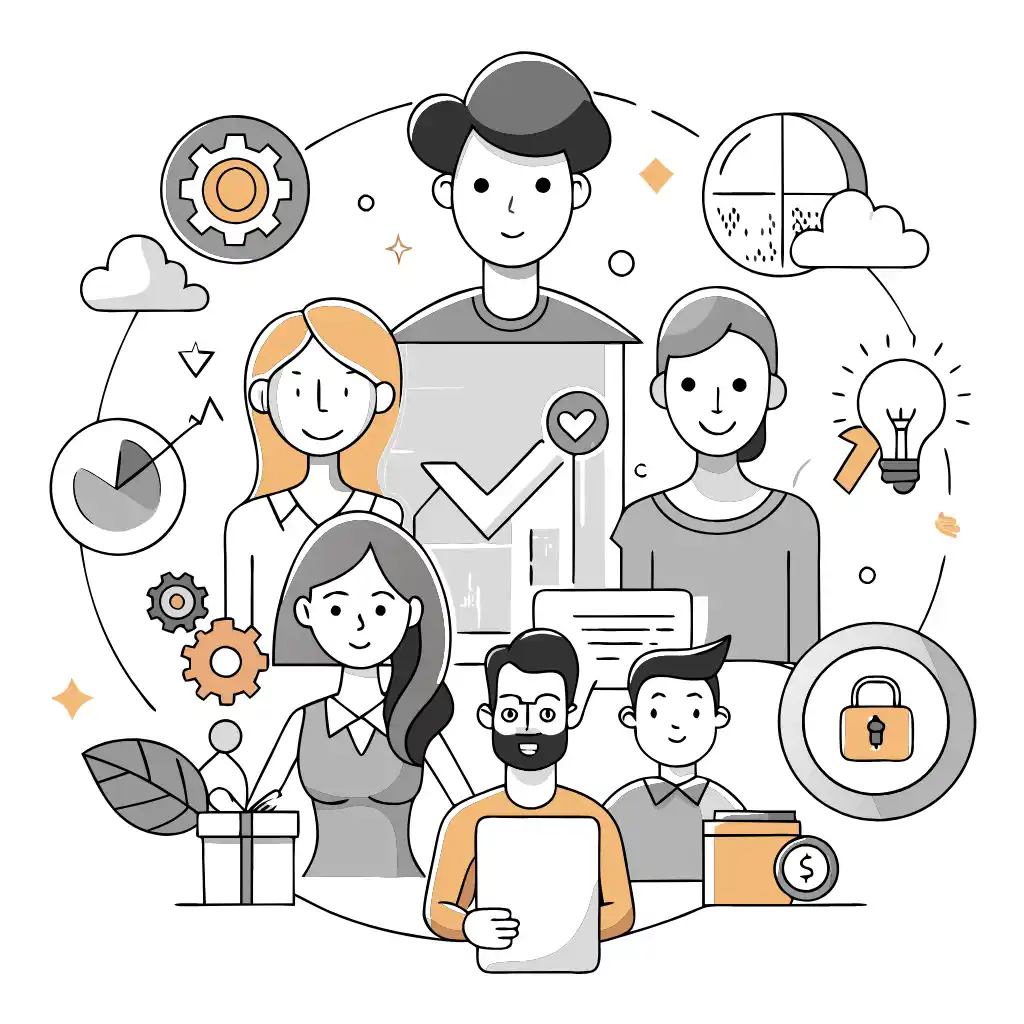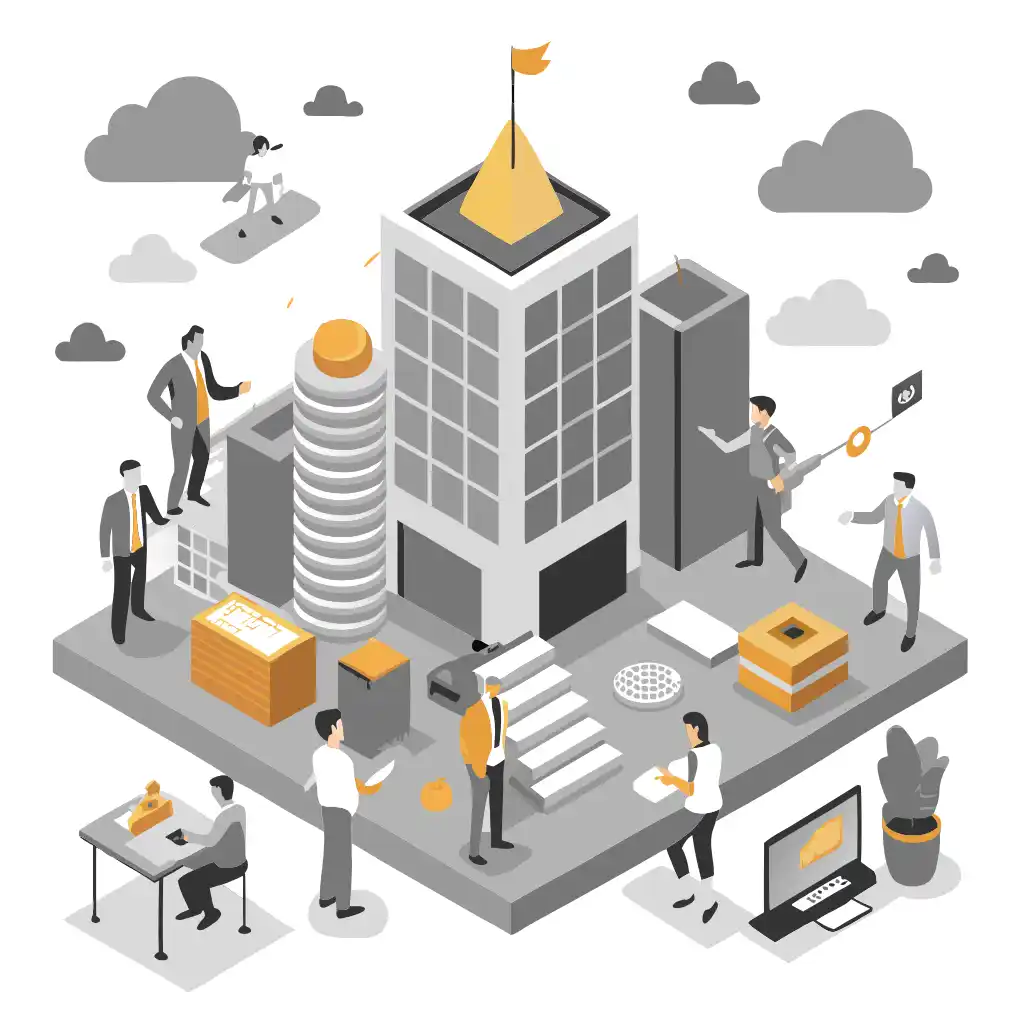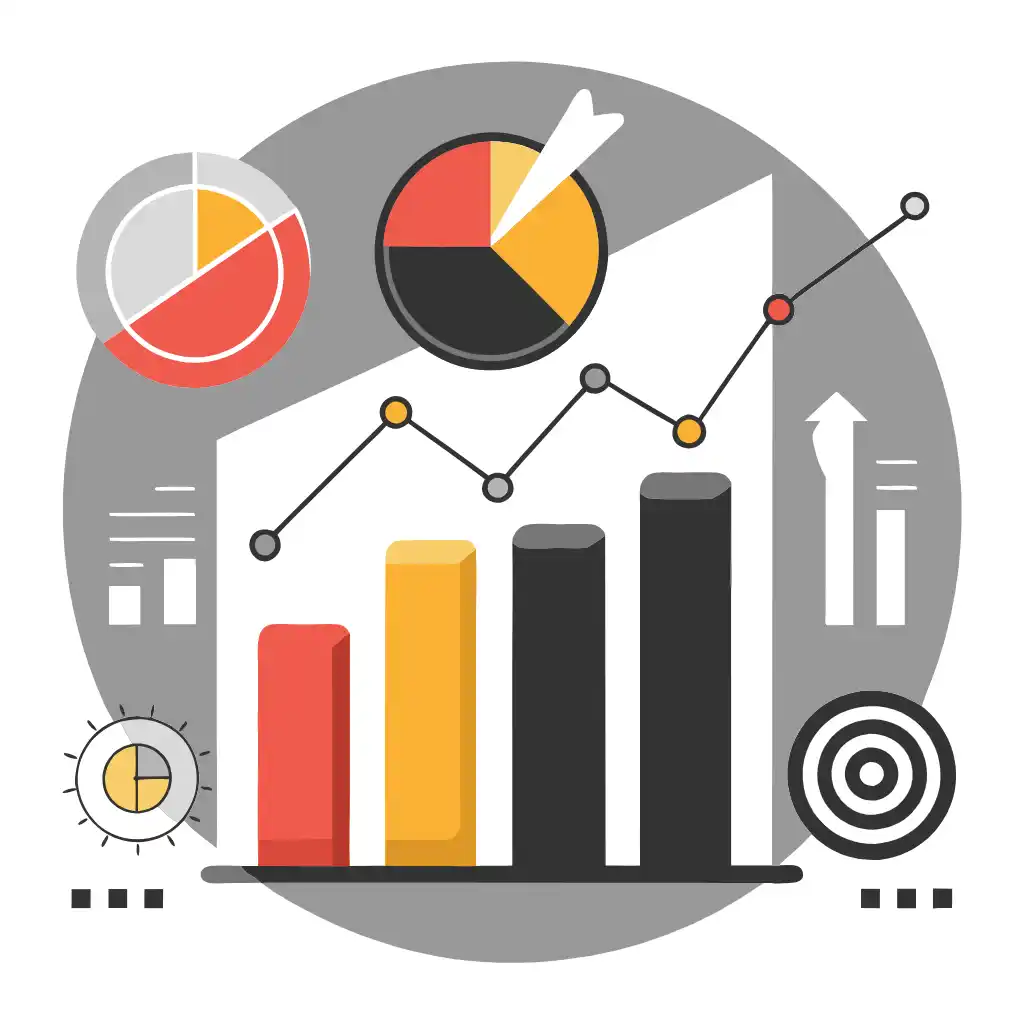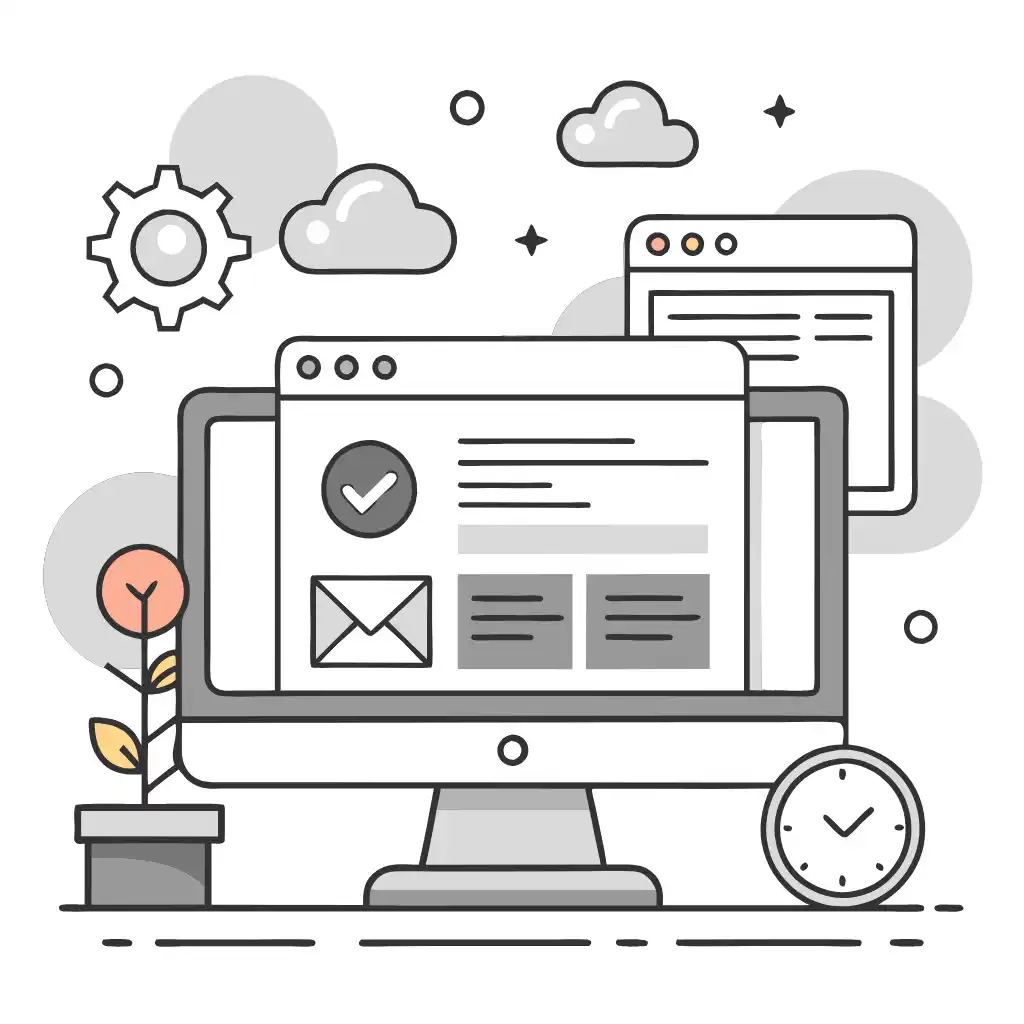5 Cutting-Edge AI Tools to Elevate Your International Marketing
Unleashing the Power of Artificial Intelligence in Modern Times
Artificial intelligence (AI) has undeniably emerged as a trending subject due to the rapid advancements in its algorithms, and its significance is projected to persist in the foreseeable future.
While there exists certain skepticism surrounding the utilization of AI, it’s rare to come across a company that hasn’t integrated it in some capacity. In fact, a remarkable 63% of individuals are unaware of the fact that they interact with AI tools in their day-to-day lives, such as widely-used navigation applications like Google Maps and Waze.
Moreover, IBM’s study reveals that 35% of organizations have acknowledged incorporating AI technology at various stages. With the advent of OpenAI’s groundbreaking chatbot, ChatGPT, this percentage is anticipated to skyrocket. Just envision the endless possibilities it can unleash to augment your multilingual marketing endeavors. Considering the increasing innovation and accessibility of AI tools, why not take a leap of faith and explore its potential?
In this article, we will delve into the realm of AI marketing tools, exploring how they can empower you to elevate your multilingual website and ultimately provide an unparalleled customer experience.


Empower Your Multilingual Content with AI Tools
A multilingual AI tool refers to an AI-driven platform or software designed to assist you in creating optimized content in multiple languages, enabling you to reach a broader audience. The possibilities are virtually limitless, depending on the specific tool you select. You can develop a multilingual chatbot, craft social media posts in different languages, or even create videos tailored for diverse viewership.
Now, you might be wondering, what sets multilingual AI tools apart from regular AI tools? And why do we recommend the former? Well, conventional AI tools prioritize efficiency and ease of execution without emphasizing language accessibility. In contrast, multilingual AI tools take that efficiency to the next level by offering translation and optimization capabilities, ensuring your content is readily consumable by foreign audiences.
Moreover, multilingual AI tools are enhanced by predictive analytics, leveraging continuously improving algorithms. They provide valuable insights that facilitate the creation of multilingual content by suggesting commonly used phrases and word combinations in specific languages. No longer will you have to rely on guesswork when it comes to using the most fitting expressions preferred by native speakers. However, it’s always beneficial to consult with local language experts for a truly authentic touch.
Harnessing the Power of AI Tools for Enhanced Marketing
There’s been a lot of buzz surrounding the effectiveness of AI tools, particularly in the realm of digital marketing. Certain AI writing tools have faced criticism due to the quality of their output, often necessitating extensive editing and rewriting.
On the flip side, despite the criticism, there is a concern that AI might surpass human competence and expertise, given its ability to streamline workflows. So, why should you consider using AI tools in the first place?
To begin with, these tools are designed to automate mundane tasks, freeing up more time for you to focus on cognitive-intensive assignments. With this newfound time, you can explore innovative ways to boost customer engagement through fresh marketing initiatives. AI tools handle the repetitive aspects while providing valuable customer data and metrics to enhance your messaging.
Beyond task automation, AI can analyze vast volumes of data and make predictions based on insights derived from it. This enables a deeper understanding of customer behavior and facilitates effective strategies to improve search engine indexing and content ranking. As a result, you can work more efficiently and achieve faster outcomes.
Last but not least, AI tools level the playing field for startups and small businesses. In the past, only large enterprises had the resources to conduct extensive market research, giving them an edge in capturing potential customers. However, with the insights provided by AI tools, crucial data is no longer exclusive to industry giants.
In conclusion, leveraging the right AI tools empowers your marketing team to work more efficiently and deliver substantial, well-informed output.


Embracing AI as Collaborative Tools in Marketing
Despite the ongoing debate, AI remains a topic that divides opinions. Only 50% of survey respondents express trust in companies utilizing AI, yet 60% believe that AI-powered products and services can enhance their lives in some way.
Lynne Parker, Associate Vice Chancellor at the University of Tennessee, lauds AI tools for enabling the exploration of creative ideas. Thanks to AI algorithms, tasks such as crafting elegant illustrations, creating impactful presentations, and devising effective marketing campaigns have become more feasible and accessible. However, it’s important to acknowledge that the output of these tools is not infallible—after all, AI cannot replicate human thinking. To leverage AI tools effectively, it’s crucial to view them as collaborative aids rather than relying on them as the sole source of content creation.
There has been concern about AI replacing human jobs, but Mark Finlayson, Associate Professor of Computer Science at Florida International University, suggests that while certain traditional roles may become obsolete, they will be replaced by new ones.
For example, the automation of tasks by AI is not a new phenomenon. The introduction of word-processing programs in the 1980s revolutionized the game. Although jobs like typists were rendered unnecessary, the ease of creating properly formatted documents resulted in a significant boost in productivity.
In essence, AI marketing platforms should not be feared, but embraced as evolving tools that align with human needs. They are designed to enhance collaboration rather than replace human creativity and expertise.
Unlocking Global Opportunities with AI Tools for International Marketing
The impact of AI tools on communication and business practices cannot be overstated. These innovative technologies have not only automated various tasks but have also introduced predictive analytics and multilingual capabilities that have transformed the game. By harnessing the power of these AI tools for your international marketing endeavors, you can seamlessly connect with your global customer base and unlock new opportunities.

Translation, far more than just knowing languages, is a complex process.
By following our tips and using ConveyThis , your translated pages will resonate with your audience, feeling native to the target language.
While it demands effort, the result is rewarding. If you’re translating a website, ConveyThis can save you hours with automated machine translation.
Try ConveyThis free for 7 days!